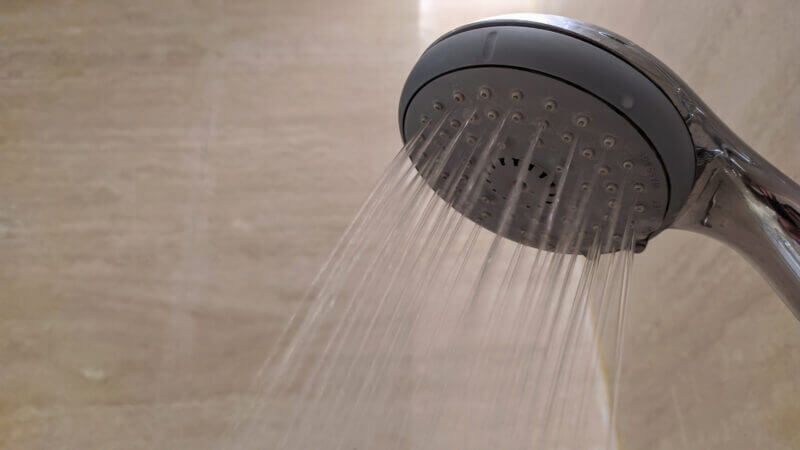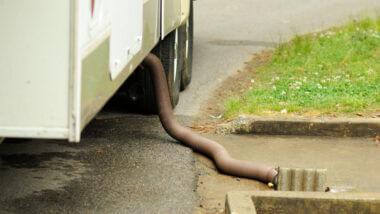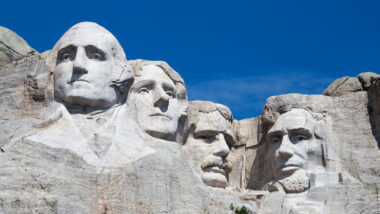Table of Contents Show
An RV can take you on some pretty epic camping adventures. And an RV water pump helps make those adventures possible. Today we want to talk about this vital but overlooked part of your RV’s water system. Let’s dive in!
What Does an RV Water Pump Do?
It can significantly improve your RVing experience. Let’s take a look at a couple of reasons you’ll appreciate having an RV water pump.
1. Move Water from Tank to Pipes
The more you take advantage of the freedoms RVing provides, the more you’ll probably find yourself camping without a water source. Not having a water connection at your site means you’ll need to fill up your RV’s freshwater tanks before camping. Your RV water pump will supply the pressure to deliver the water from your RV’s fresh water tanks to your faucets, toilets, and showerhead.
2. Increase Water Flow/Stabilize Pressure
Even while at a campground, you’re bound to come across places where the water pressure is a little weak. Turning on the shower only to be disappointed by the water pressure is no fun.
Using your RV water pump, you can boost the pressure in your RV. You won’t have to suffer through a miserable low-pressure shower any longer. Many RVers even abandon their city water connection to use their water pump instead.
How a Water Pump Works
The water pump pressurizes water lines in an RV to force water out. When you open a water fixture, it releases pressure and activates the water pump. The water pump repressurizes the water lines, and water continues to flow until you close the fixture. Shutting off the fixture will cause the water lines to repressurize and shut off the water pump.
The pump runs off the RV’s 12-volt system, which allows it to run off the battery when not connected to shore power. Powering the water pump via an RV’s battery bank means having access to pressurized water even during off-grid camping.
When to Turn Off Your Water Pump
While water pumps are a tremendous resource to have in your RV, they can cause severe damage when misused. Because a water pump will continue to run until the lines can repressurize, accidentally leaving a faucet open will eventually fill your wastewater tanks. Make sure to turn off your water pump while towing your RV. An open faucet can fill the gray tank and flood the interior.
For the same reason, you should also turn off the water pump when you’re away from your RV for an extended time. Whether you’re away for an all-day adventure or while your RV is in storage, be sure to turn off the water pump. If a waterline or fitting leaked, the water pump would continue to attempt to pressurize the lines. This leak could lead to extensive damage.
Pro Tip: Don’t get sick! Learn how to sanitize your RV water tank and add it to your regular maintenance calendar.
Water Pump Maintenance Tips
Inspect your water pump regularly. How often you examine your water pump will depend on how often you’re using your RV. If you travel full-time in your RV, take a close look at your water pump every month or two. If you camp on the weekends during the warmer months, you should make it a part of your winterizing and de-winterizing processes.
While inspecting it, look for signs of wear and tear or any loose connections. Address any loose wiring or water connections immediately. While faulty water connections can lead to flooding, faulty electrical connections can cause devastating fires in RVs. While doing your inspection, check and clean your water pump’s filter. This filter can clog easily.
Cleaning your water pump’s filter is essential, but also make sure you’re regularly sanitizing your RV’s water system. Properly sanitizing your system will involve running a bleach-like solution through all of your fixtures and letting it sit overnight. Be sure to follow your RV’s maintenance materials for instructions. Ensuring your water system is clean is one of the best ways to keep your water pump running for years to come.
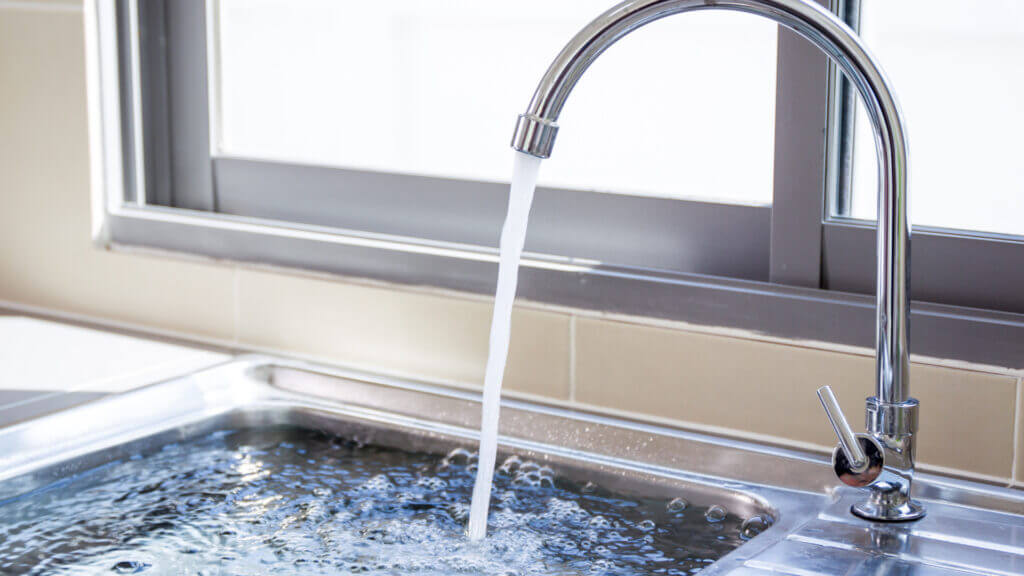
How Long Does an RV Water Pump Last?
They can last 10 or more years if maintained properly. Some of the leading causes of damage include cold weather, build-ups from minerals or other corrosion, or leaving a pump on with little or no water in the freshwater tank.
How Do I Increase Water Pressure in My RV?
RV water lines are very different from water lines in a residential home. They’re not capable of handling the same amount of water pressure, but you can do a few things to maximize pressure.
Take a peek at your RV’s water lines to make sure there are no clogs, kinks, or cracked hoses. If any of these issues are present, you’ll likely experience a significant decline in water pressure throughout the system. If you’re using a water pressure regulator, verify that it’s working appropriately.
One of the best ways to increase the water pressure for showers in your RV is to upgrade your shower head. Oxygenics makes several models of RV showerheads that drastically increase the water pressure and use less water. If you enjoy a generous amount of water pressure while showering, this is a simple upgrade that we highly recommend.
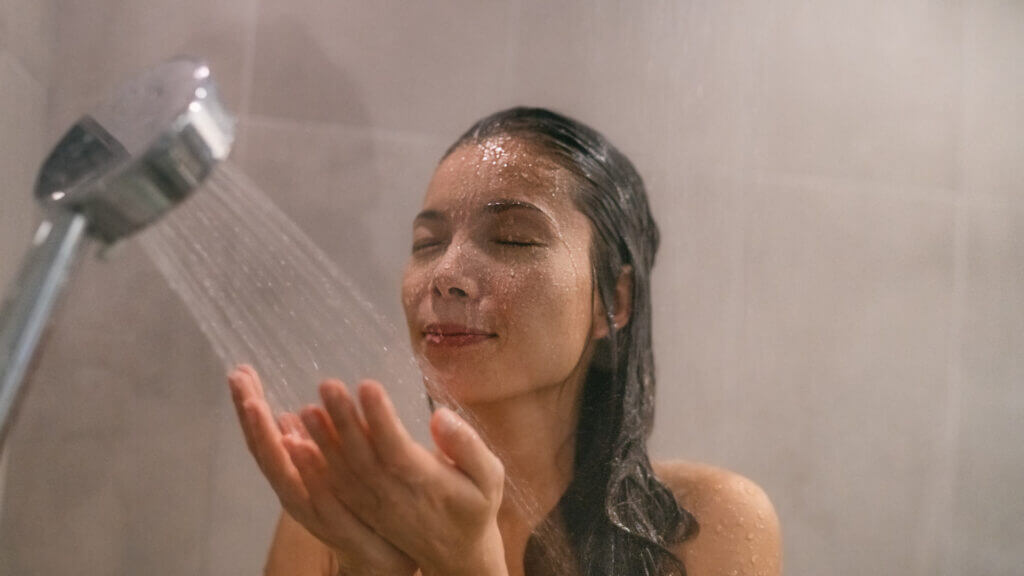
Your RV water pump is an integral part of your RV’s water system. You’ll depend on it more than you initially think. If you take care of it, it’ll be ready for your next adventure. Have you ever had to fix or work on the water pump in your RV?




